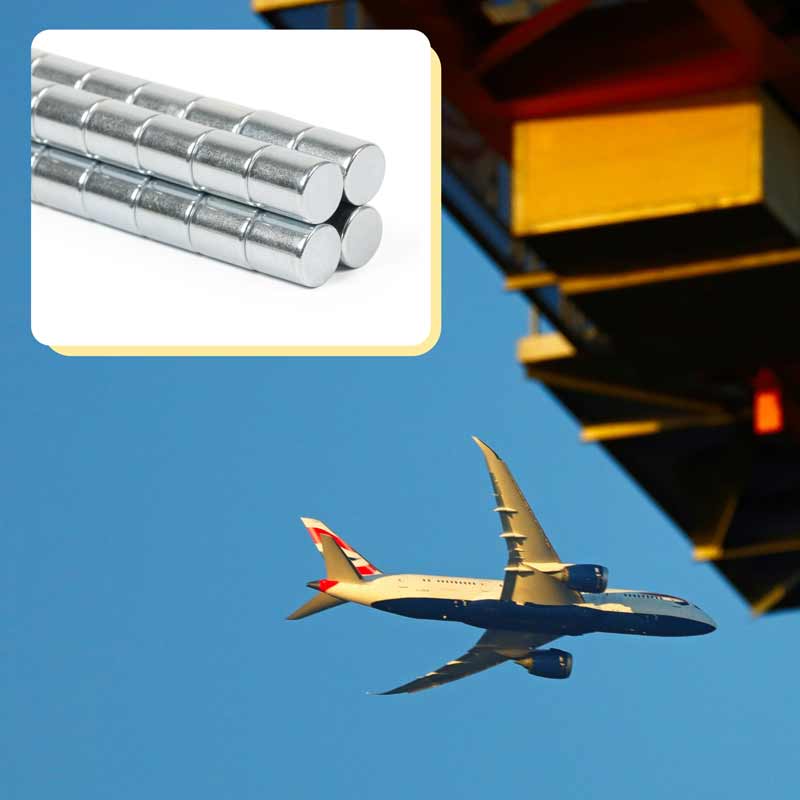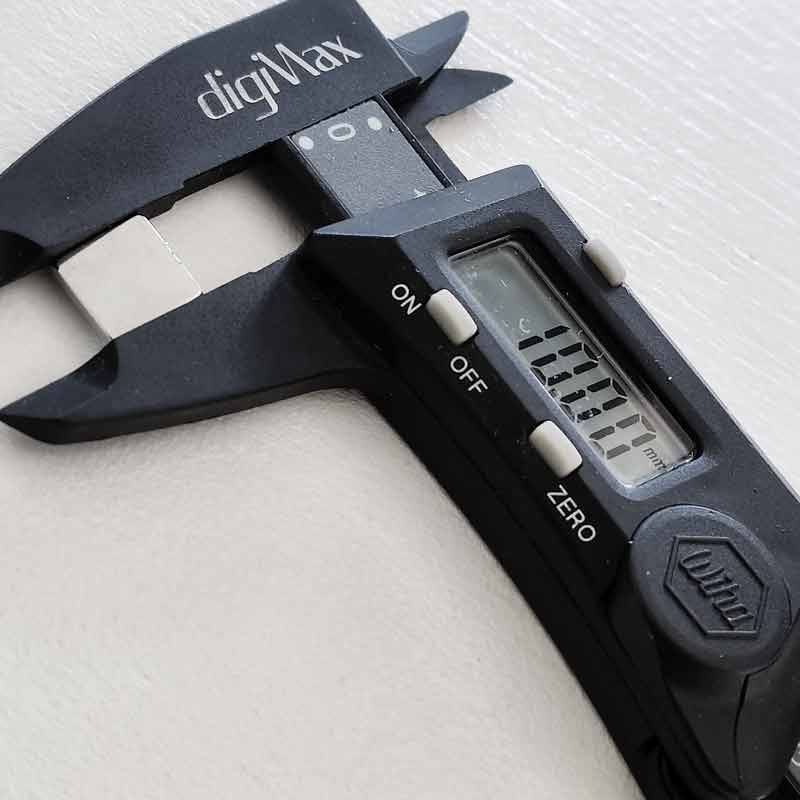Recent Post

Magnets in Restaurant Kitchens

Global supply challenges and HYAB’s role

Electromagnets – a more controllable magnet

Magnetic filtration in the process industry

Sheet metal handling – Easier with magnets
Tolerances in magnet manufacturing
Published: 2023-06-26 14:10:20 • Daniel Gårdefelt
In the area of magnet manufacturing, tolerances hold a key role. As measurements defining the acceptable limits of variation in manufactured parts, tolerances ensure the functionality and compatibility of magnets in diverse applications.
Ensuring interchangeability:
Tolerances is important for guaranteeing the interchangeability of magnets. Whether for motors, generators, or sensors, the magnets should fit perfectly into their designated slots. Precise tolerances ensure that each magnet produced, regardless of when or where, will fit seamlessly into its application, eliminating the need for custom adjustments.
Maintaining performance:
The performance of magnetic applications is heavily dependent on the dimensions and shape of the magnet. Even slight deviations can affect the magnetic field strength and orientation, impacting the device's functionality. Strict adherence to tolerances ensures consistent performance across all manufactured magnets.
Reducing material waste:
By defining the limits of acceptable variation, tolerances help to reduce material waste in magnet production. By knowing the exact dimensions required, manufacturers can use raw materials more efficiently, contributing to cost-effectiveness and environmental sustainability.
Ensuring safety:
In certain applications, like medical devices or aerospace technology, the role of tolerances becomes even more critical. Any discrepancy in dimensions can lead to catastrophic failures, posing a threat to safety. Thus, tight tolerances in magnet manufacturing are vital for ensuring the safe operation of such high-stake applications.
Conclusion:
Tolerances in magnet manufacturing, though often overlooked, are crucial for ensuring interchangeability, maintaining consistent performance, reducing waste, and safeguarding user safety.


